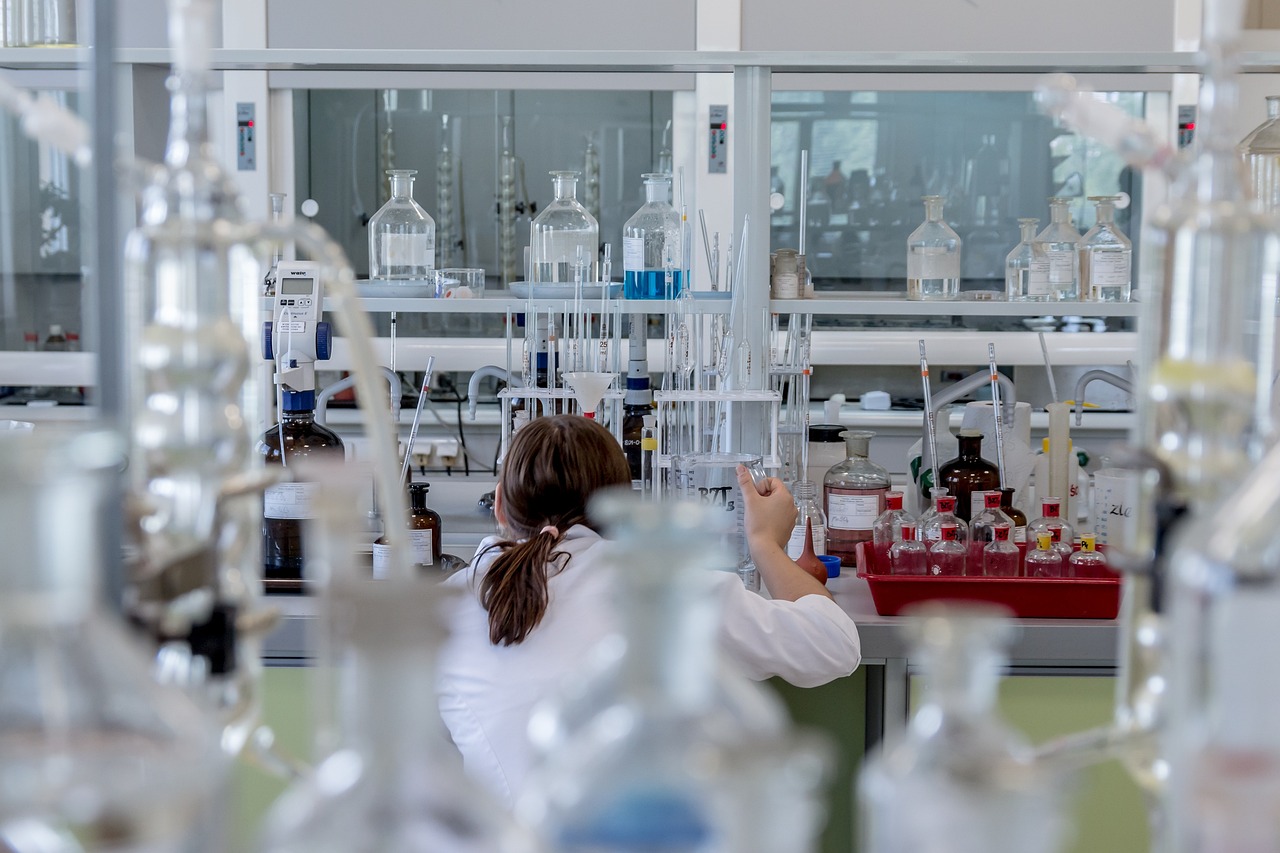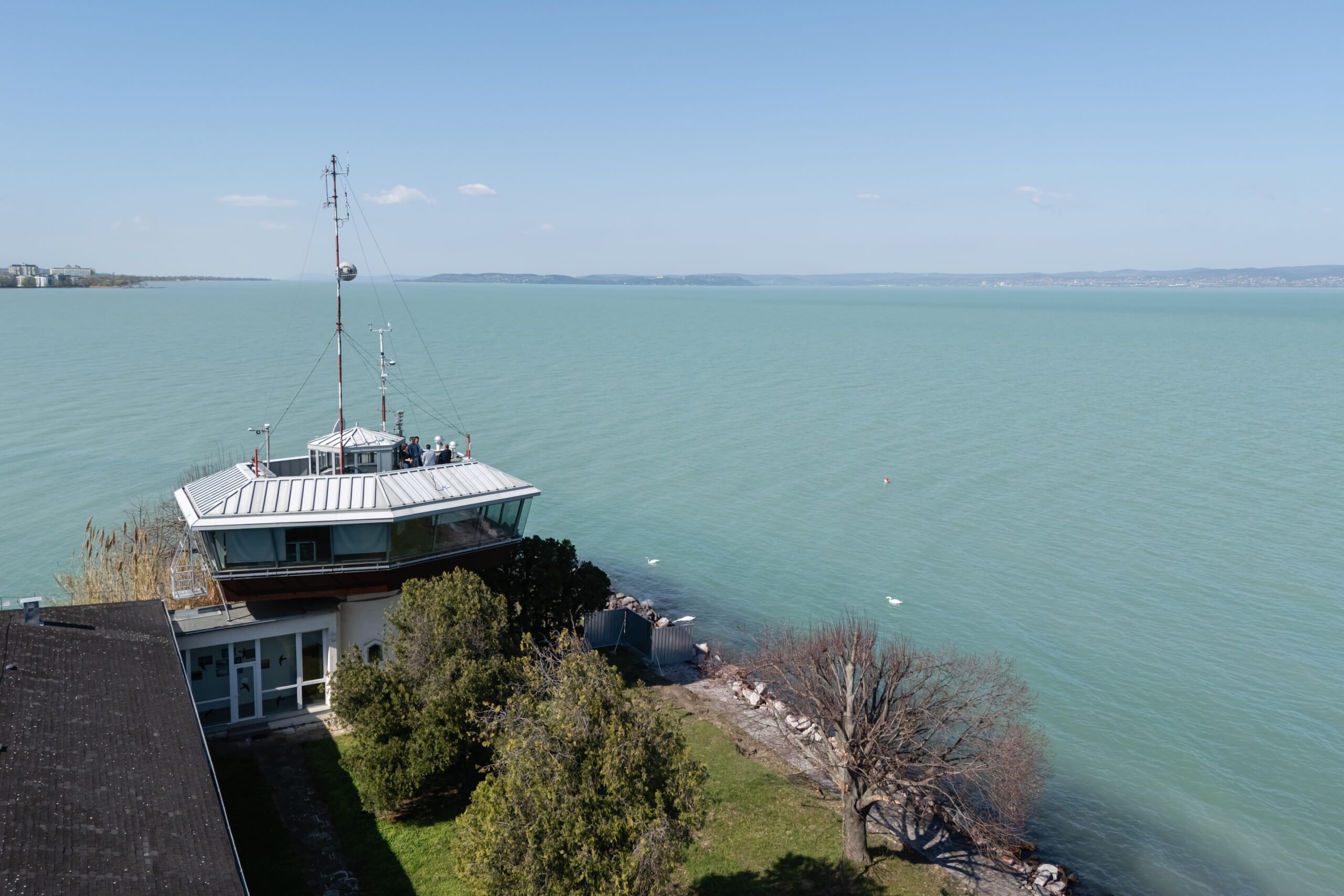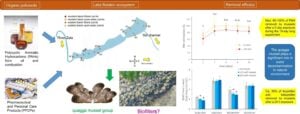
Remarkably, the new technology went from laboratory innovation to industrial application in just two years.Continue reading

The wildlife of Lake Balaton is particularly sensitive to rising average temperatures, increasingly frequent extreme weather events, growing coastal development, and the stress caused by summer tourism. The wildlife of the coastal belt can play a significant role in filtering harmful substances entering the lake, thus the study of the organisms living here and their role in water purification is of particular importance.
In their latest work, researchers at the HUN-REN Balaton Limnological Research Institute investigated the role of the invasive quagga mussel, which has been present in the coastal belt of the lake for nearly 15 years and accounts for about 90% of the macroinvertebrate community, in reducing the concentration of organic pollutants entering the lake.
The researchers measured that the quagga mussel is capable of filtering two dl of water per hour, so based on the figures, the Balaton population filters the water volume of the coastal belt every three days, which suggests that the quagga mussel has an effective water purification capacity.
Looking at Lake Balaton as a whole, the spatial and temporal distribution of measured organic pollutants did not differ significantly from measurements taken in previous decades, and their concentrations did not approach the limits considered dangerous to living organisms. However, the presence of polycyclic aromatic hydrocarbons (PAHs) diffusely and persistently present in sediments and pharmaceutical substances (non-steroidal anti-inflammatory drugs, NSAIDs) measurable in seasonally varying amounts also draws attention to possible chronic and acute effects on living organisms.

Source: HUN-REN Balaton Limnological Research Institute
According to laboratory tests conducted by researchers, quagga mussels are capable of removing up to 85–100% of PAHs from Lake Balaton within 10 days, as well as quickly and effectively selectively filtering certain pharmaceutical residues (NSAIDs) from contaminated water.
Researchers pointed out that the results suggest that the filter organisms found in large numbers in the coastal zone of Lake Balaton can effectively reduce pollutants that enter the lake in low concentrations on a continuous basis, as well as those that enter in high concentrations on an occasional basis.
Via Magyar Kutatási Hálózat; Featured photo: MTI/ Vasvári Tamás